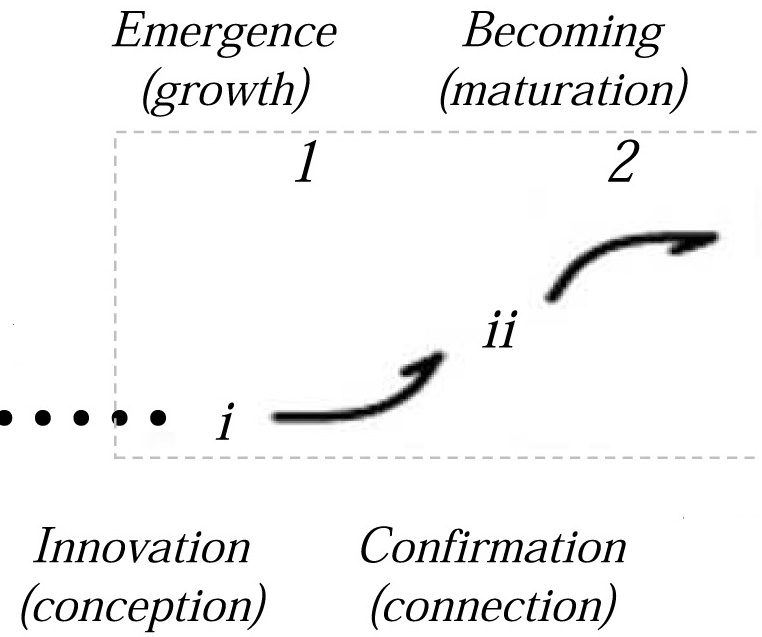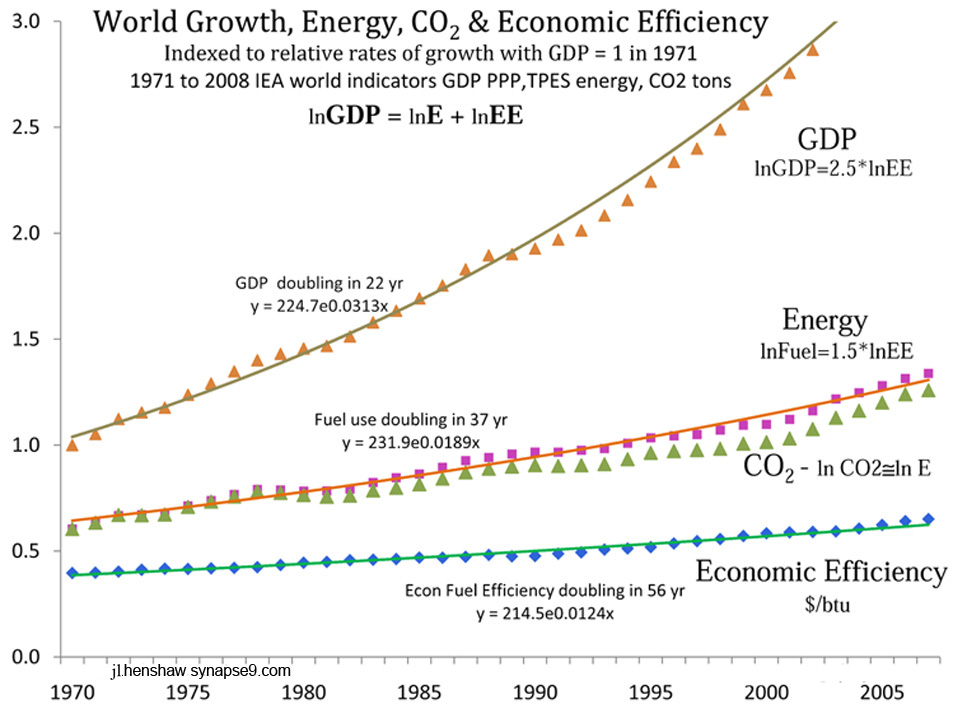This post is for the UN’s OWG 5 proceedings next week, on Post2015 Macro Economic development positions. It led to the OWG 8 proposal “A World SDG“, introducing an integrated true scientific measure of sustainability... It’s now followed with “The Decoupling Puzzle – a partial answer” , on measuring our “decoupling rate”, and the development space reserved within planetary boundaries, such as for achieving world cultural wellbeing!
Sadly, as careful as I am with the language, there is some scientific thinking… so the social organizations generally found no way to engage in discussing it. The basic principle is that “when you build something you then need to take care of it”… something everyone knows in their personal lives. That runs into the problem that, culturally, we don’t see economic growth as “building something”. We see it culturally as a “constant” of prosperity… the ultimate tragedy of our times. that ever faster change is seen as “constant” it seems. 4/21/14 jlh
____________
As a young systems scientist many years ago
I noticed a need for a better type of economic model,
that would connect money to its “externalities” in part. More importantly it would let people see economies as the complex living organisms they really are. What I found was the universal stages of natural development, that are repeated in the way any natural event or system develops from small beginnings to multiply at first, and then by multiplying in it’s environment changes it, an Organizational Stages Model (OSM)
Economies are chock full of independently organized and behaving social and cultural communities behaving like organisms, that each develops from a seed of organization in an environment of resources. You can talk about “why” things occur, causes at a distance or coincidences but that’s an intellectual issue, a prediction, a theory.
This is about using the most general of pattern of “how” individual events occur the processes of developmental causation taking place in nature in every location where events occur.
Economies, for example, are all populated by actively creative and learning people, discovering things and following each other’s leads…. So what this “Organizational Stages Model” (OSM) approach focuses on for economies is how people learn and how what they learn to do spreads as transformational stages of growth and the emergence of new systems, and their natural limits. The simple rule, for the transformative stages of any process of new emerging organization, then, is that it’s organizational process will follow an “S” curve. The first half is of multiplying innovation and expansion of connections, a “burst of development”, and the second a process of rebalancing and integrating.

That’s the dynamic we need to capture in our minds to understand the world we live in. An economy is really a whole “civilization” in fact, organized like an ecosystem, accumulating and passing on its knowledge of “how to live” in the form of family and social cultures, as the living “genetic code” of the societies they create. THAT is what the word “growth” refers to, the compound rates of expansion of that whole organic living culture.
As systems of nature, all those living parts and the whole, first grow and then mature to live and later decline
by very much the same succession of life’s great transformative experiences.
The ultimate most useful model for it I found is really cool! It’s organized as “a Narrative of Life” as a great chain of instrumental transformations. I’ve been looking for a name for my life’s work on it.. perhaps “Life Narrative Studies” (LNS) would do. I won’t further introduce it here, as it’s what my whole site is about, but just present this new graphic to help readers get a feel for the general pattern.
Organizational Stages Model (OSM)
______________ Continue reading Nature’s Capitalism: “Homemaking” now, not competition over shrinking pies!


